How to train a dog with a whistle to get perfect recall every time, by expert trainer Ben Randall
If your dog is struggling with recall — particularly in big, open spaces like parks — a dog whistle could be an excellent way to stop the behaviour. Ben Randall explains what to do.


We’ve all been there, shouting and hollering at our dog to come back, when they are either happily sniffing something far more interesting than us or, worse still, giving chase and rapidly disappearing over the horizon. Who will ever forget the poor owner bellowing ‘Fenton!’ at the top of his lungs, then ‘Oh, Jesus Christ’ as his dog chased a herd of red deer across London’s Richmond Park…
https://youtu.be/3GRSbr0EYYU?t=13
This is exactly the scenario that the writer of this week’s canine conundrum wishes to avoid, as J.M. from London explains in her recent message to the paws-for-thought@futurenet.com email address:
Dear Ben, My ageing border terrier, Bertie, has recently started getting very distracted on walks. He does eventually respond to my shouts of: ‘Bertie, come here!’ However, as we live in the centre of London, where the parks are really busy, I am sure other walkers are starting to think: ‘Oh no, here’s the lady who has to shout loudly at her dog to get him to come back.’ Bertie’s like a son to us and I worry what will happen when his hearing starts to deteriorate further. Is there another way that I can get him to come back to me without yelling my head off? I wonder if a dog whistle might be a solution, even though I have never used one before. What do you suggest, please? — J.M., London
Many thanks for your letter, J.M. — this is a common problem, but don’t despair, as there are lots of ways in which we can rectify this.
However, in the first instance, I have to say I am concerned that Bertie regularly runs off and that you have difficulty in getting him to come back to you. This is potentially dangerous for him, especially as you live in the city where there is lots of traffic, so I would want you to work hard to make sure that this behaviour is immediately curtailed. To do that, I would like you to engage more with Bertie on walks, so that he starts to see you as a fun, positive and rewarding person to stay around. As this, in turn, will help to foster a better, more trusting and stronger partnership between the two of you.
As for the idea of using a whistle, you’re right: in your circumstances, training your dog to come back to a whistle could be a really good idea. I’ve been perfecting my BG (Beggarbush) foundation training methods for 20 years now (you can learn more via @beggarbush or on my dog-training app — this link will let you get a free trial) but I’ve been using a dog whistle even longer than that. I’ve used my Acme whistle for about four decades, seven days a week, with all my dogs. If used and taught correctly, it's an incredibly effective tool. However, unless you learn how to use it properly it can quickly go wrong.
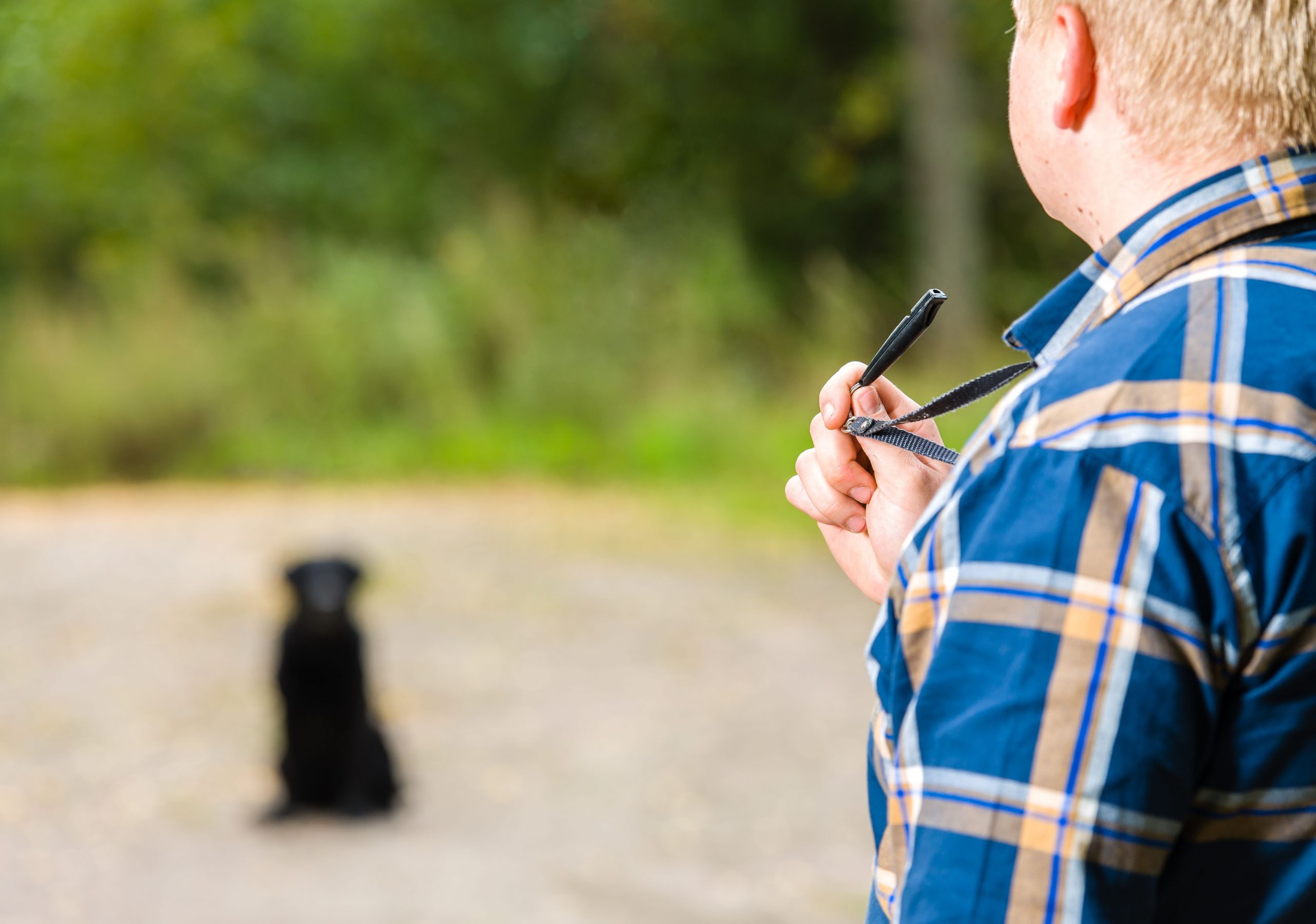
Often, what tends to happen is that people buy a whistle and, initially, they are really pleased with the way their dog responds to it, as it’s a new, fun and interesting sound. Then, after a period of time, the dog starts to view the whistle in a negative way and stops reacting to it, as he or she is not getting a reward from recalling to it. All too soon, your shiny whistle finds a new home in the back of the kitchen drawer.
Exquisite houses, the beauty of Nature, and how to get the most from your life, straight to your inbox.
Never fear though, as it’s really straightforward to train your dog to love and instantly respond to your whistle, as long as you do so in a positive and effective manner. Here’s what you need to know.
Ben’s top five top tips for training your dog to a whistle
1. Use feed times to start introducing the recall whistle command
When you are preparing your dog’s food, have the whistle around your neck on a lanyard and blow the recall whistle (between 3-5, short, sharp pips) while you do so. If you feed your dog twice a day, you’ll have 60 opportunities a month to show your dog that the whistle is a good thing. Bertie will soon know that when he hears that sound, he’s going to get his food — and he’ll understand that those that 3-5 pips mean that a lovely reward is on its way.
2. Practise your whistle recall outside in the garden
Now that spring is upon us and summer is coming, move this exercise into the garden, too.
Firstly, set up the exercise: sit Bertie down at point A before you then walk into point B in the garden, while carrying his bowl of food, and softly blow 3 to 5 pips on the whistle. As he comes towards you, rattle the kibble in the food bowl as a slight lure, then ask him to sit in front of you and give him one piece of kibble from the bowl. Repeat this exercise in different areas of the garden, multiple times.
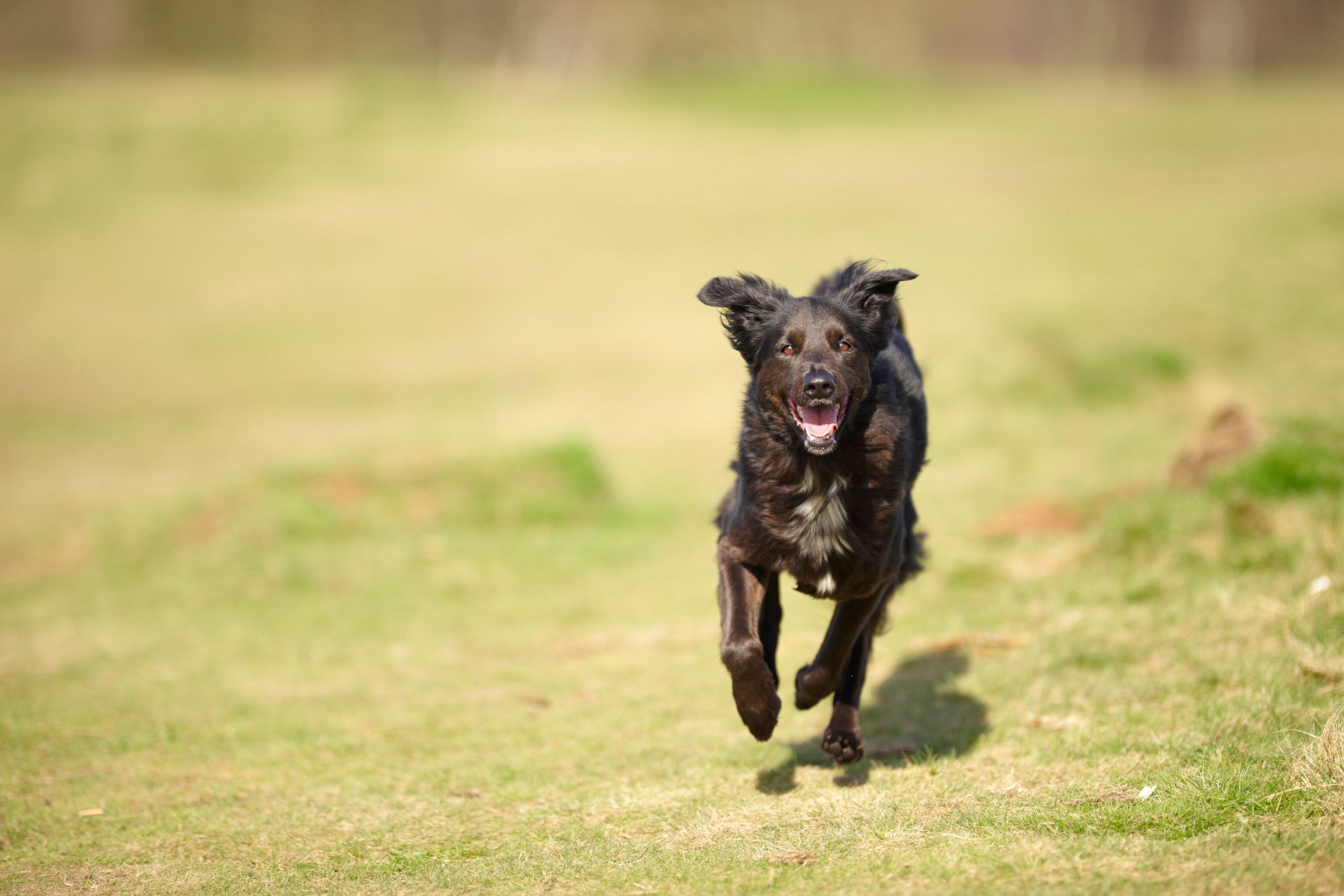
3. Don’t reward Bertie every time he responds to the whistle
When you repeat this exercise, be sure to mix it up so that you are sometimes rewarding him on the first recall and sometimes after three or four recalls.
Because we don’t always have access to food every time we recall Bertie, try to introduce another reward in the form of quiet vocal praise, or giving your dog a stroke on the head or an ear rub. My dogs love a food reward, but they’re equally pleased if I gently touch their face with my hands in a calm manner, as they like it when I am connecting and interacting with them.
There’s another advantage of not rewarding Bertie every time he comes back. He’ll soon learn that if he keeps listening and keeps recalling, the reward will come.
I know some trainers advocate rewarding a dog each and every time it does something. But believe me when I say that I have worked with thousands of dogs or all shapes, sizes and types — both gundogs and non-working breeds — and I know that working for a reward only increases their trust in you. That helps to build a stronger, long-lasting and reciprocal partnership.
For more details about the new ‘Alpha’ whistle that Ben has co-designed with Acme whistles, go to acmewhistles.co.uk/alphawhistle. For more detailed advice about Ben Randall’s positive, reward-based and proven BG training methods, one-to-one training sessions, residential training or five-star dog-boarding at his BGHQ in Herefordshire, telephone 01531 670960 or visit www.ledburylodgekennels.co.uk. For a free seven-day trial of the Gundog app, which costs £24.99 a month or £249.99 a year, visit www.gundog.app/trial
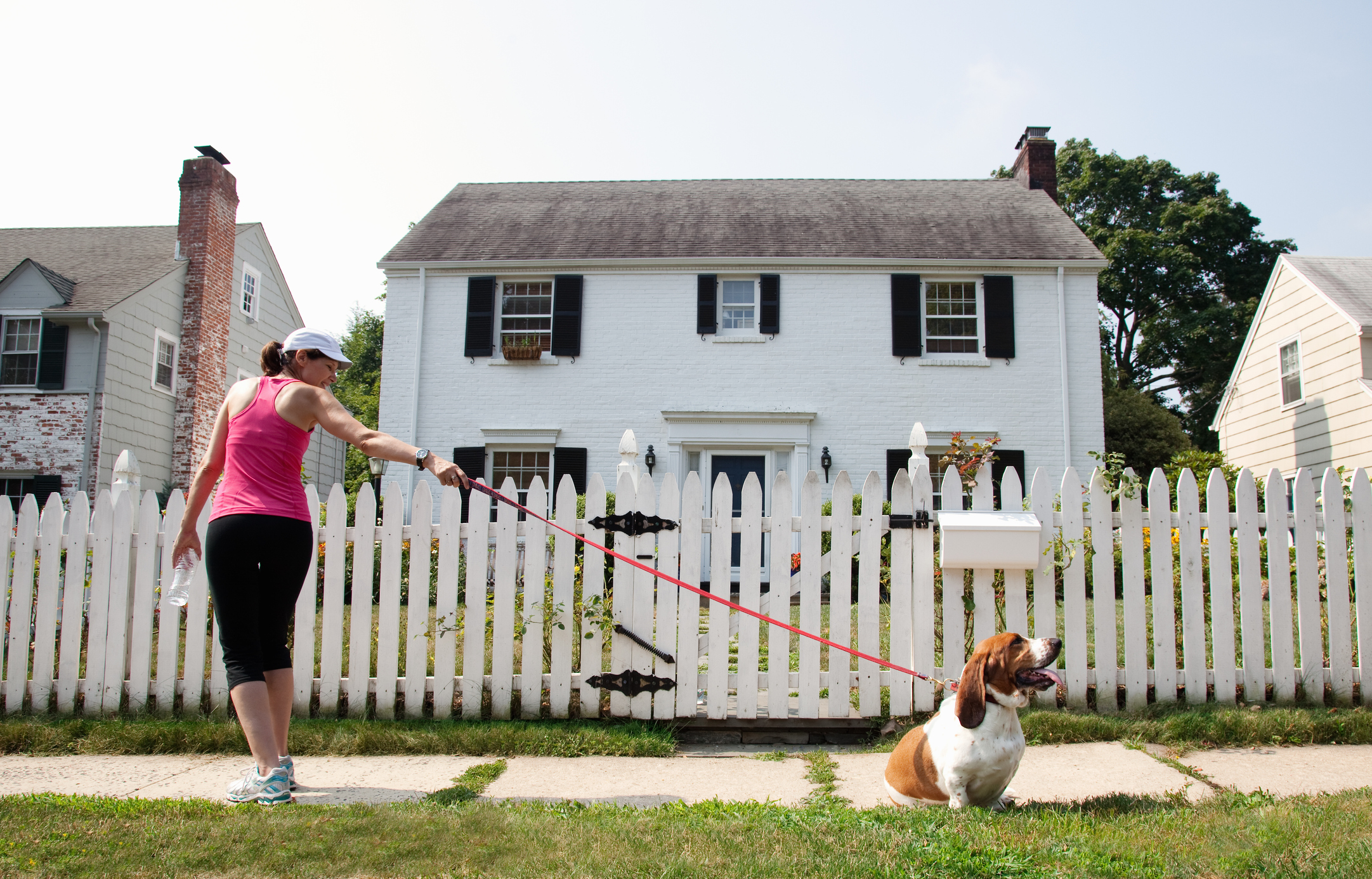
Credit: Getty Images
'My dog behaves for my partner, but not for me — what can I do?' Expert trainer Ben Randall has the answer
Training a dog is one thing. Getting a dog trained so that it responds just as happily to everyone in
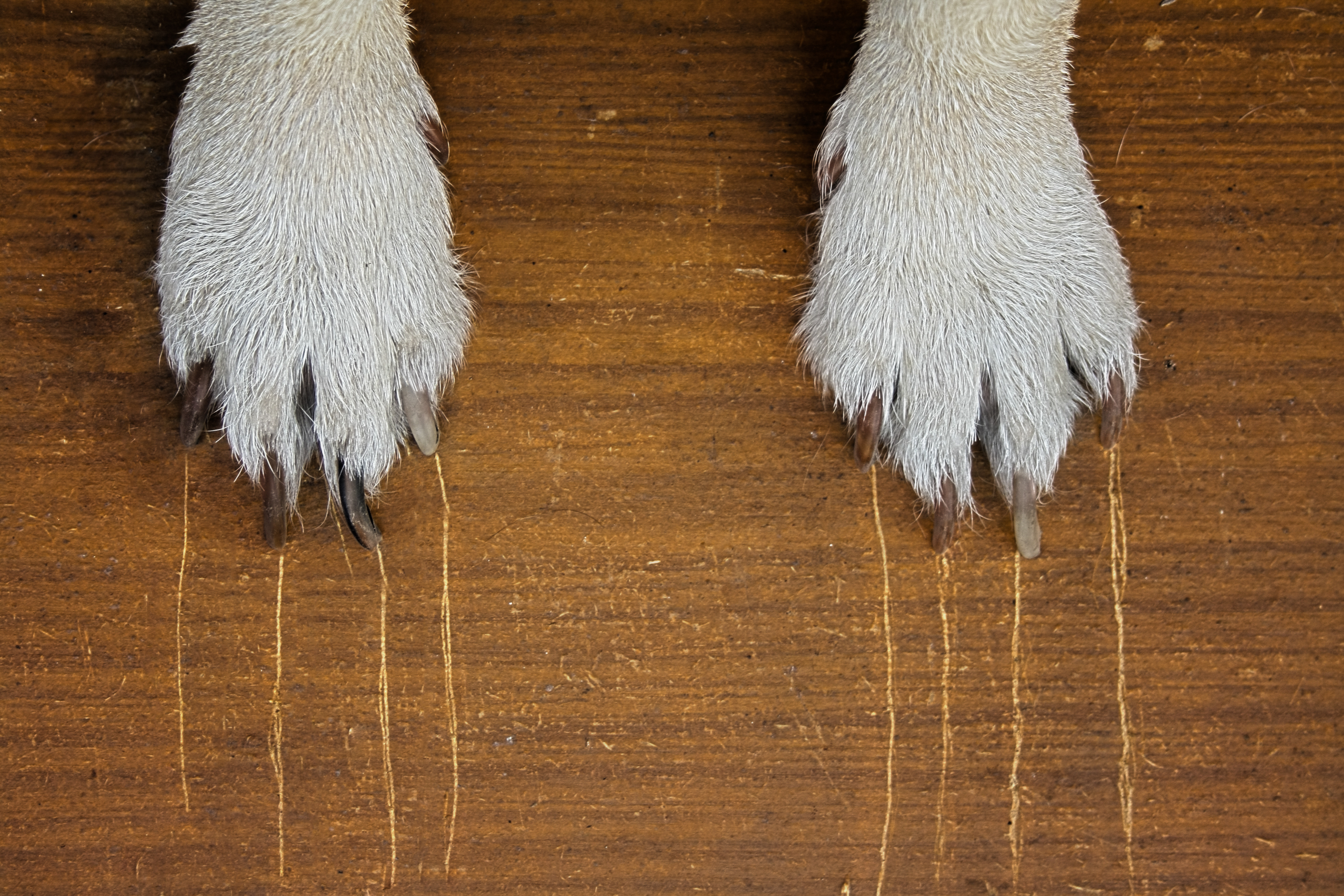
What to do if your dog is scratching things at night, by expert trainer Ben Randall
An older dog's new habit is the subject of this week's Paws For Thought, with Ben Randall explaining what to
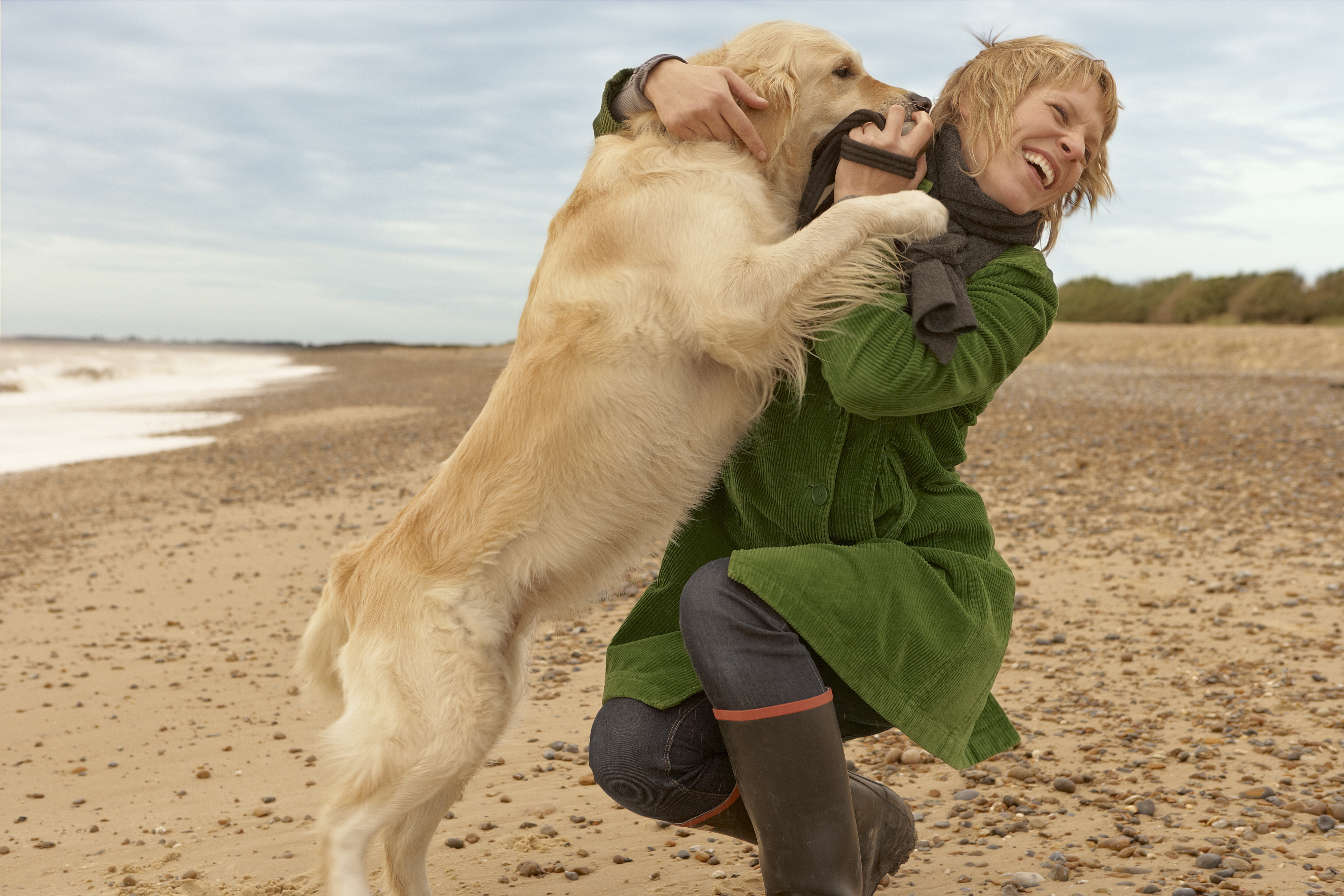
How to stop your dog jumping up, by expert trainer Ben Randall
It’s easy to dismiss our dogs’ love of jumping up on us — and other people — as friendly boisterousness,
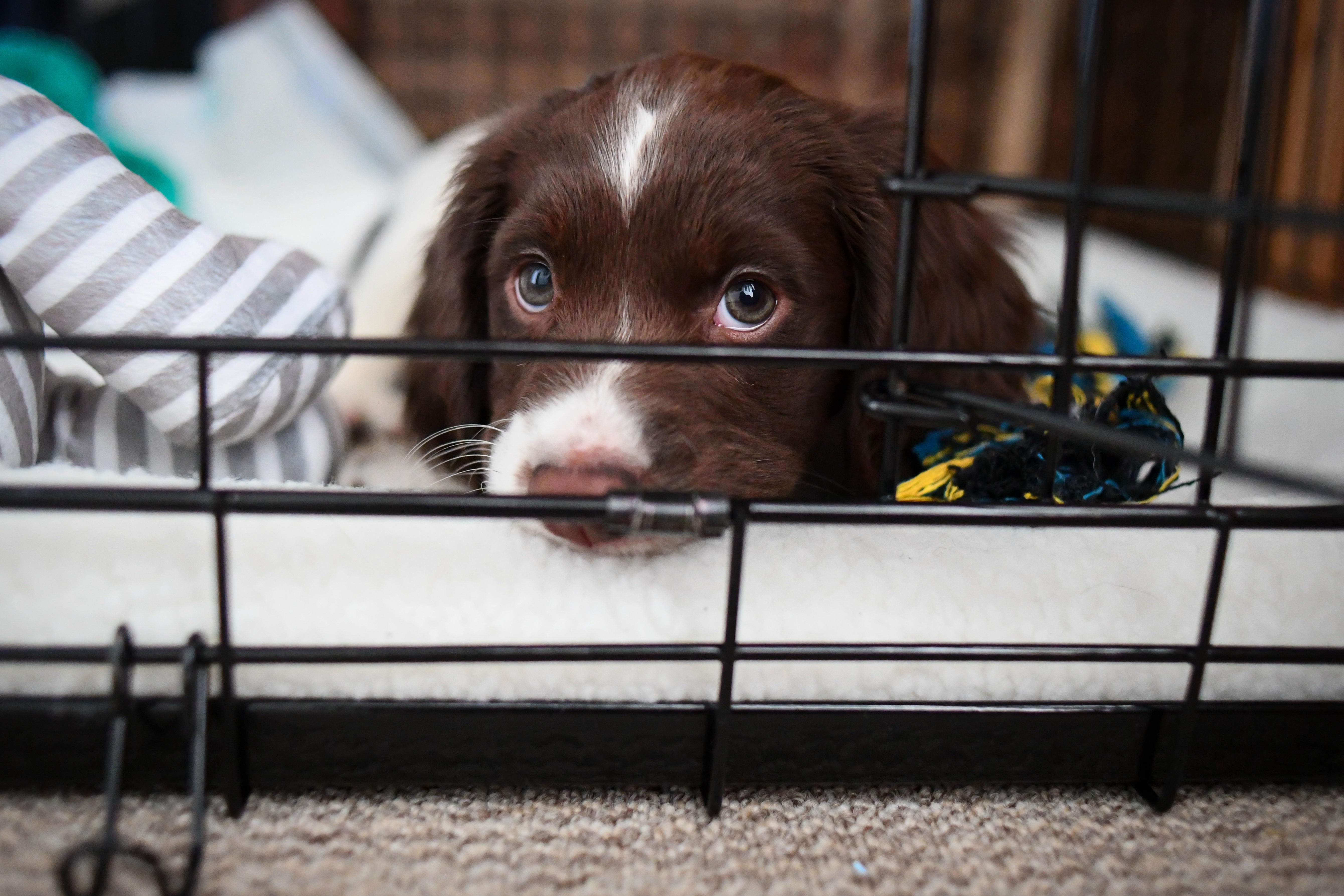
Crate training a puppy: Six tips from expert dog trainer Ben Randall
Puppy crate training can be tricky, yet it can pay dividends in all sorts of ways — even making puppy toilet

How to stop resource guarding in dogs, by Ben Randall
Resource guarding is common in dogs — but it can be solved. Award-winning dog trainer Ben Randall explains how as he
